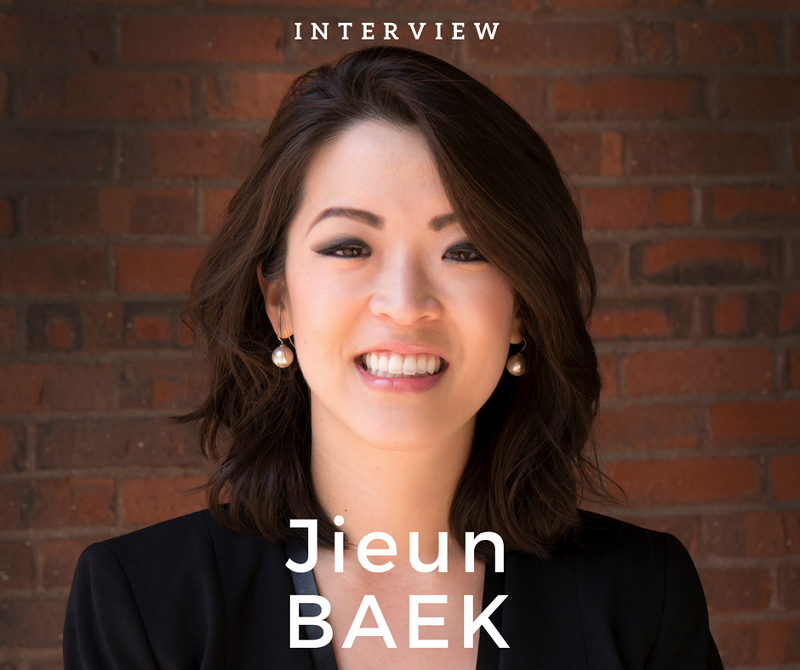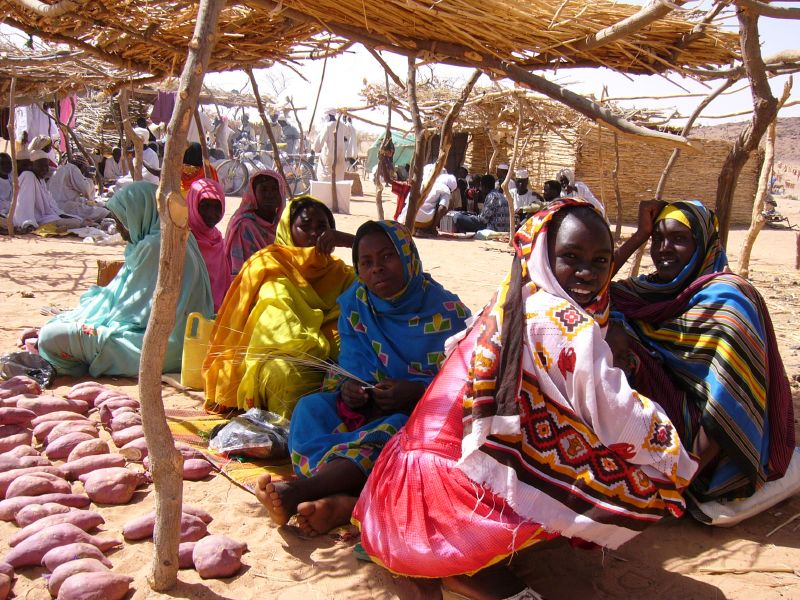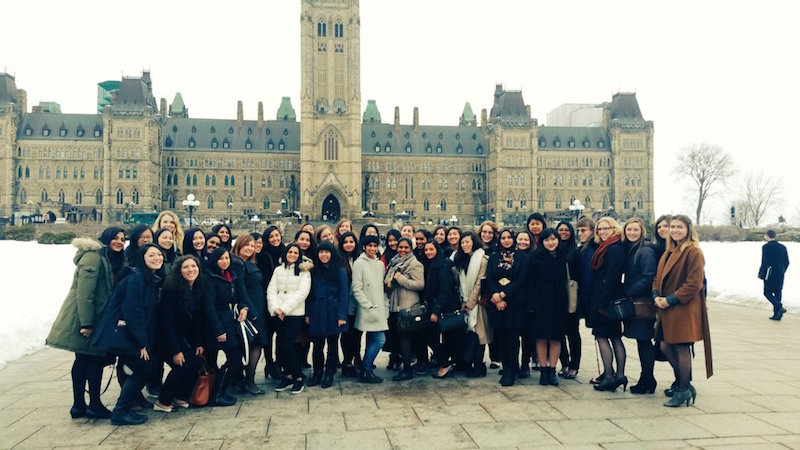Afghan women have come a long way, with many detours, in their quest to attain gender equality and end gender-based violence. Unfortunately they are not there yet. However, according to UN Women: “Afghanistan is one of only two South Asia countries with a National Action Plan in place for implementing UN Security Council Resolution 1325, evidence of a commitment to promote women as participants in leadership and peace building”
An overview by Amnesty International looks at different areas of focus to assess the development of women’s rights : Employment, sexual & reproductive rights, education, campaigning & government. In the context of our movie screening and discussion of Peace Unveiled at NAOC on December 8, 2016, such area focus should be kept in mind when discussing the unfolding of gender equality and women’s rights in Afghanistan.
Between challenging traditional gender roles, commuting obstacles, contraception and educational endeavors, Afghan women have different ways of coping with societal stigmas towards gender equality and women’s participation in the workforce.
In 2002, the Loya Jirga emergency agreement declared that 10% of parliamentary seats were to be held by women. Today, almost 28% of seats in parliament are held by women.
According to Reuters, “research indicates that more than eight in 10 women in Afghanistan have been sexually, physically or psychologically abused, but only a few thousand cases are reported each year”, which points out to a clear lack of receptivity to women in the police forces and adequate support for the reporting of cases of sexual assault. According to HRW’s 2016 Report, the lack of criminal investigation relates to the many stigmas impeding women’s reproductive rights and the “accepted” extreme conservative behavior women should exhibit in the public realm.
However, there are discrepancies between rural, provincial, and urban areas, regions occupied by the Taliban and conflicted areas. Women’s status tends to be more equal in rural areas, where the religious power is less palpable, and urban areas, where education and social security for women are established, whereas regions in between tend to be more conservative.
While acknowledging the many specificities, societal and regional multiplicities englobing the development of women’s rights in Afghanistan, take a look at our infographic visually representing UN Women’s most recent facts about women in Afghanistan.

Source: UN Women
Photo: Women from the Kunar Provincial Reconstruction Team and Iowa National Guard’s 734th Agribusiness Development Team gather alongside Afghan women to celebrate International Women’s Day at the Ministry of Culture and Information March 8 (2011), by DVIDSHUB via Wikimedia. Licensed under CC2.0.
Disclaimer: Any views or opinions expressed in articles are solely those of the authors and do not necessarily represent the views of the NATO Association of Canada.




